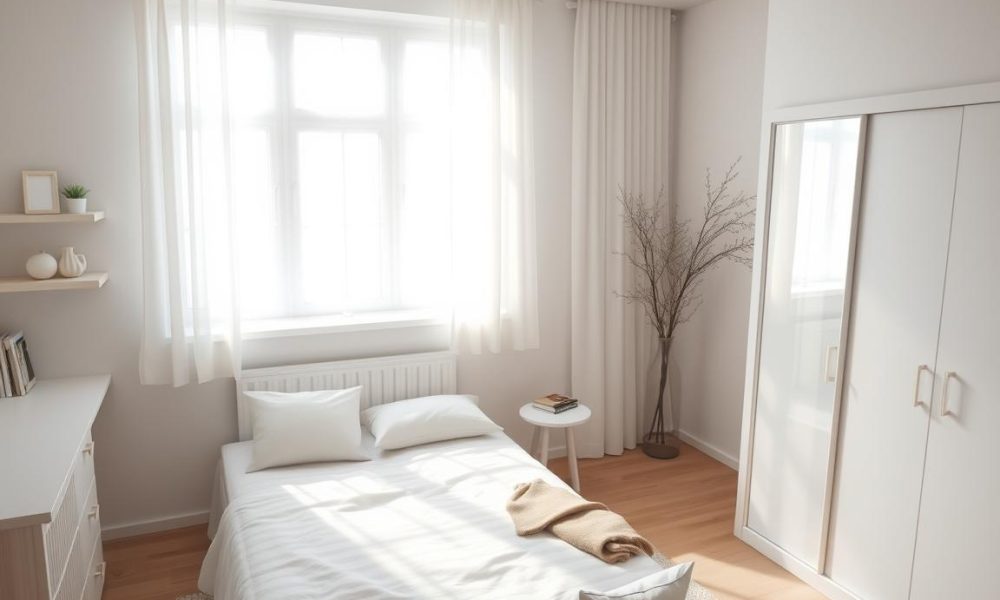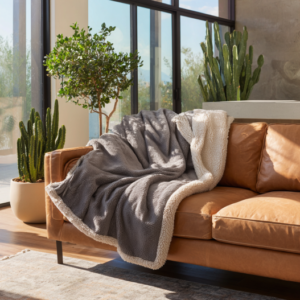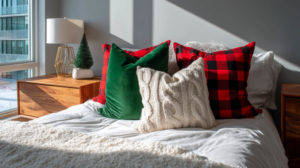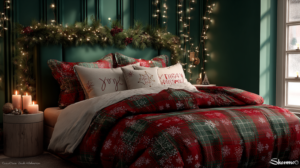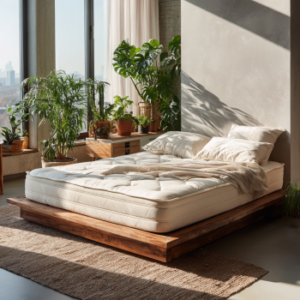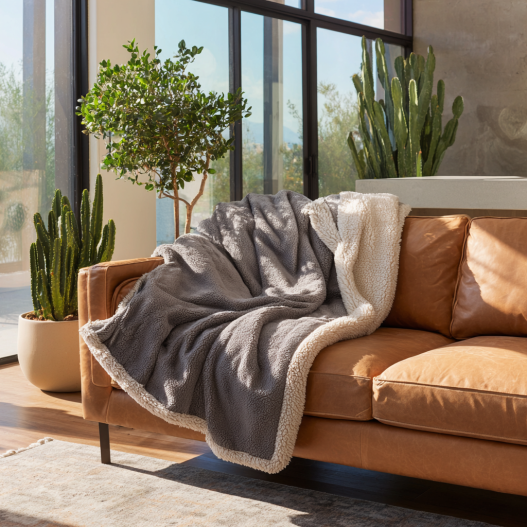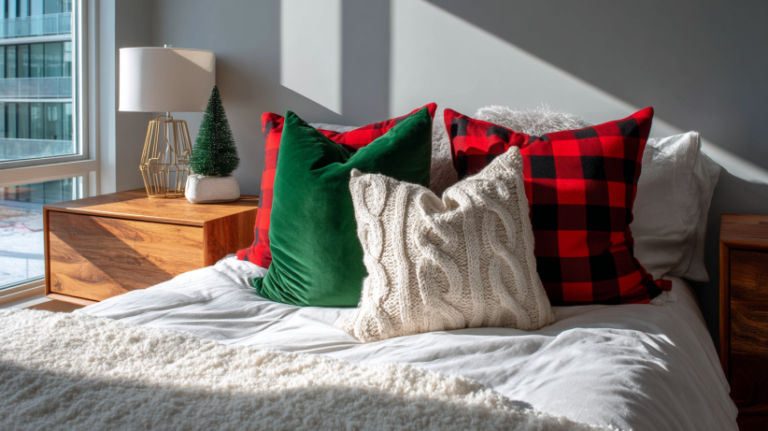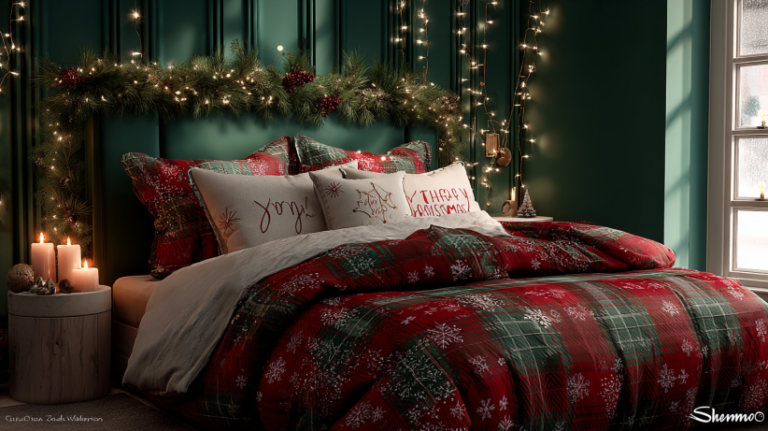Make Small Rooms Look Bigger With Smart Design
Yes—simple design moves can make a small room look bigger without a remodel. Start by clearing clutter, unifying paint, and opening sightlines so your eye travels without hitting visual “speed bumps.” These fast, low-cost ideas help a tight bedroom feel open, calm, and airy this week. For more inspiration, explore our small bedroom ideas guide.
Key Takeaways
- Declutter first to free floors and surfaces—instant visual calm.
- Use tone-on-tone paint on walls, trim, and ceiling to erase visual breaks and make a small room look bigger.
- Place mirrors opposite windows and pick low-profile or transparent furniture to lighten visual weight.
- Keep sightlines clear from the doorway; push tall pieces to the perimeter and store small items out of view.
- Layer natural and artificial light to brighten corners and stretch depth across the room.
11 Tricks That Immediately Open Up Tight Spaces
These quick wins rely on light, color, and scale. Each one is simple enough to try in an afternoon and together they can make a small room look bigger fast.
1) Declutter for breathing room
Edit surfaces and floors first. When edges disappear, the room reads as one continuous space. Use closed storage so chargers, toys, and papers stay out of sight.
2) Hide the everyday stuff
Store daily-use items in drawers, baskets inside closets, or lidded bins. Fewer visible objects reduce visual “noise.” See our guide to tidy storage for small rooms: small-bedroom storage ideas.
3) Paint walls, trim, and ceiling the same color
One continuous tone blurs edges and removes contrast lines that chop the view. Soft neutrals are forgiving; darker wraps can feel cocoon-like if used uniformly.
4) Hang curtains as high as possible
Mount rods near the ceiling and let panels kiss the floor to stretch wall height. If you love sheers, they pull in light while keeping privacy.
5) Use mirrors to double sightlines
Place a mirror opposite a window or a favorite view to bounce light and extend depth. One large mirror beats many small ones for a cleaner read. Explore placement ideas: mirror placement in bedrooms.
6) Choose low, leggy, or transparent furniture
Platform beds, open-base dressers, and clear acrylic tables lighten the footprint and reveal more floor—instantly making the layout feel larger.
7) Keep walkways open
Pull furniture out of traffic paths so you can see uninterrupted floor from the doorway. Fewer bumps = bigger feel.
8) Match major pieces to the wall color
When your bed frame, curtains, and wardrobe echo the wall tone, contrast drops and the room reads calmer and wider.
9) Add one oversized focal point
Choose one large artwork or a single statement headboard instead of many small accents. A single focus reduces visual clutter.
10) Maximize vertical storage
Go up, not out: tall bookcases, built-ins, and wall-to-wall shelves free floor area. Closed fronts keep the view serene.
11) Layer ambient, task, and accent lighting
Brighten corners and vary heights with ceiling lights, wall sconces, and a bedside task lamp. According to the CDC, a supportive sleep environment (quiet, dark when needed, and comfortable) helps you get enough rest—good lighting control makes winding down easier.
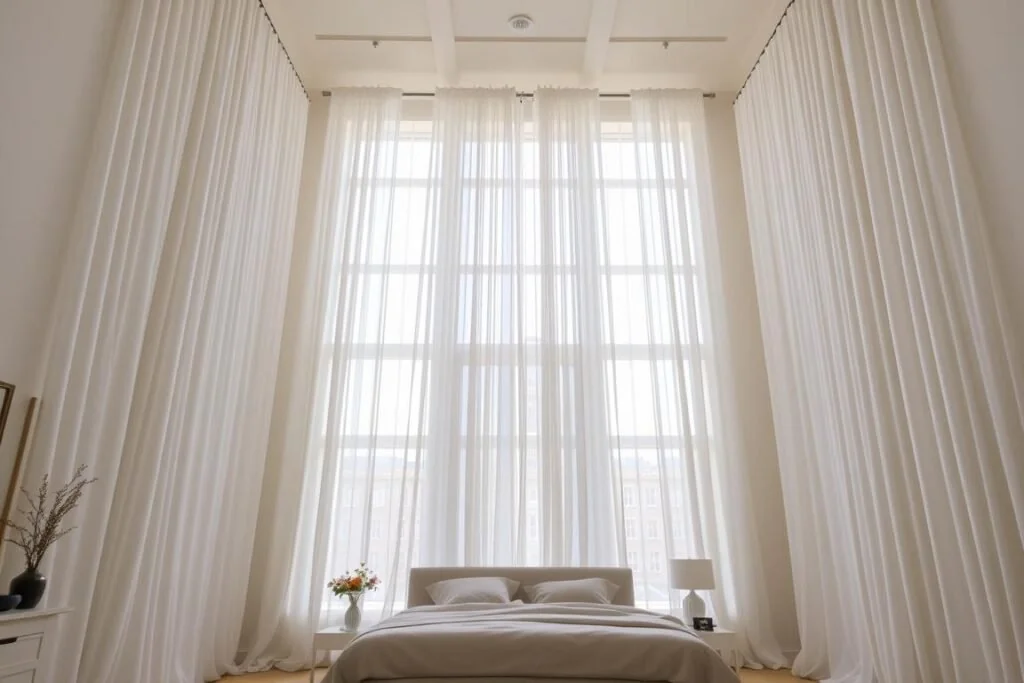
A unified paint color and a single large mirror help the eye read longer, cleaner lines.
Smart Furniture, Layout, and Storage Moves
Place key pieces to preserve sightlines from the doorway to the far wall. Keep the center open, push tall items to the perimeter, and use storage that disappears.
Position the bed to stretch visible floor
When possible, center the bed on the wall opposite the door. If the door forces a side placement, choose the side that maintains a clear path. For frame ideas that reduce visual mass, see low-profile bed frames.
Use built-ins and lifted surfaces
Window seats, slim benches, and wall-mounted nightstands add storage and free floor space. Swap table lamps for wall sconces to keep tops clear.
Reduce the edge count
Choose fewer, well-scaled pieces instead of many small ones. Align furniture tops and keep ceiling lines as uninterrupted as possible.
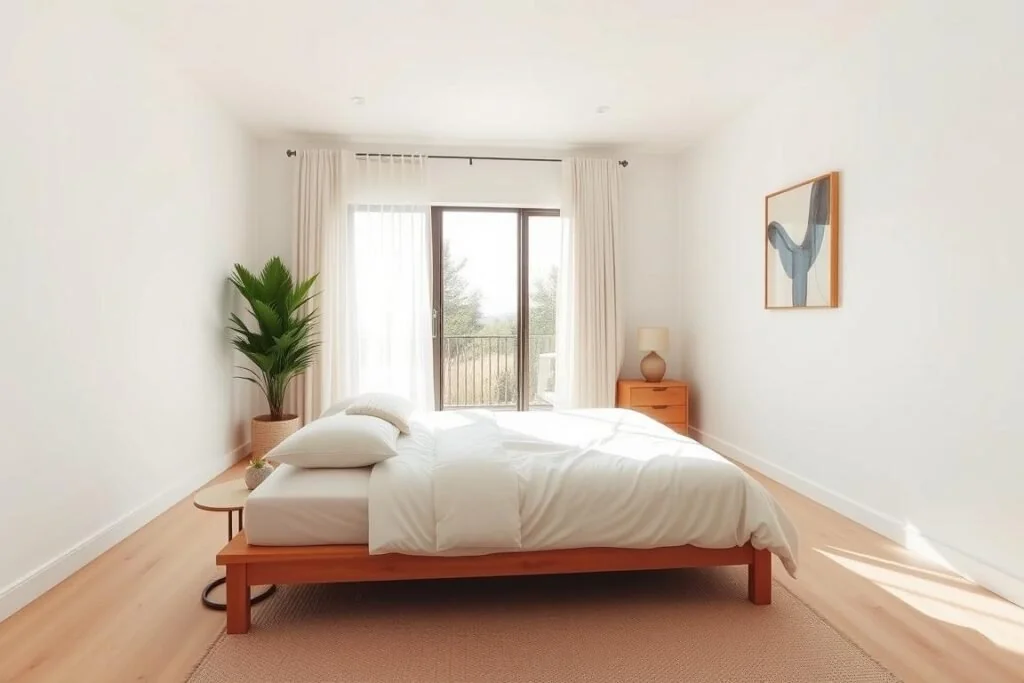
Keeping tall storage on the perimeter and the center open preserves long sightlines.
Light, Color, and Surface Choices That Stretch Space
Daylight sweeping across uninterrupted surfaces makes a compact room feel expansive. Use high-mounted panels or sheers so windows flood the area with light.
Tone-on-tone colors reduce visual breaks
Match major furnishings to wall color to lower contrast and make a small room look bigger. Prefer moody hues? Wrap the walls, trim, and ceiling in the same deep shade for a seamless envelope.
Reflective accents and clear tops
Mirrors, glass, and subtle gloss bounce light into corners. Keep dresser tops mostly clear so surfaces read as wide planes.
Healthy materials and certifications
If you are refreshing bedding or a mattress while you optimize the room, consider products with trusted certifications for peace of mind. Learn the labels here: bedding and mattress certification guide.
Want a visual walkthrough? Watch this quick overview and pick one tip to try today: how to make a small room look bigger.
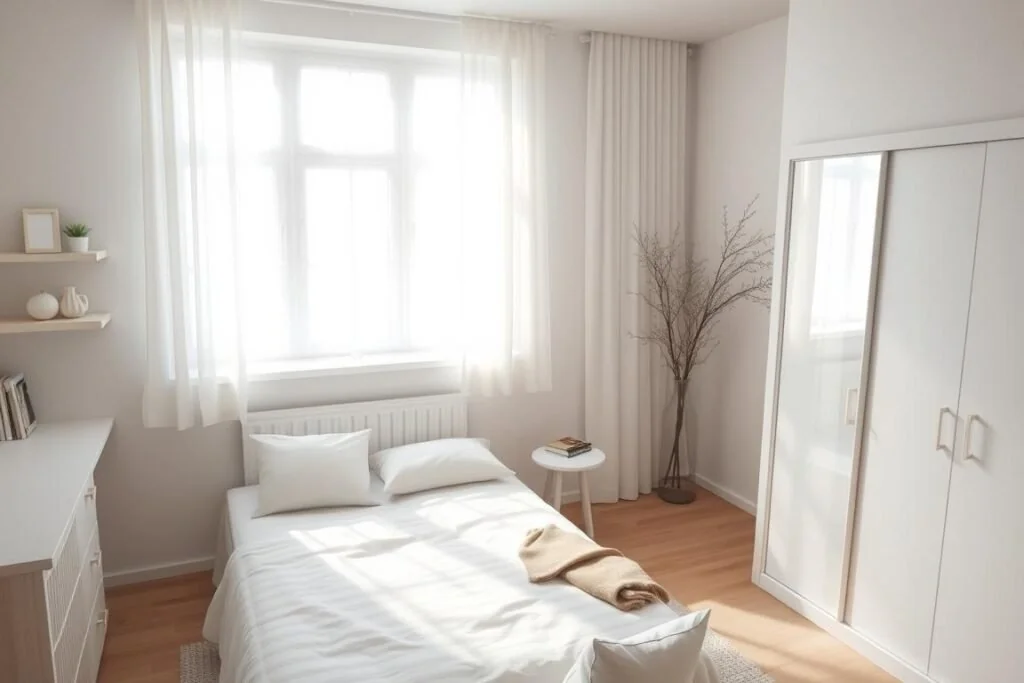
Mounting curtain rods near the ceiling line visually lengthens the walls. A single large mirror opposite a window doubles daylight and extends depth.
FAQ
How do mirrors make a small room look bigger?
They reflect light and repeat views, which extends sightlines. Place one opposite a window or focal point for the strongest effect.
Should I go light or dark with paint?
Both can work. Light tones bounce more light. Dark wraps blur edges. The key is consistency: keep walls, trim, and ceiling the same color.
What size rug helps the room feel larger?
A bigger rug usually beats a small one. Aim to fit under the bed and reach the nightstands so the floor reads as one continuous field.
What furniture style makes a small room look bigger?
Low, leggy, or transparent pieces show more floor and reduce visual weight. Avoid bulky silhouettes that block sightlines.
Conclusion
To make a small room look bigger, clear clutter, keep sightlines open, and use tone-on-tone color so the eye glides across the space. Try one fast swap—hang curtains high, add a mirror opposite the window, or shift the bed to open the center—and build from there. For more small-space solutions, explore Cozy Bed Quarters. You’ve got this!
Related reading from Cozy Bed Quarters
Other reading we found popular
- Architectural Digest – Duvet vs Comforter
- Apartment Therapy – Make a Small Room Look Bigger
- The Spruce – Decorating Small Bedrooms

